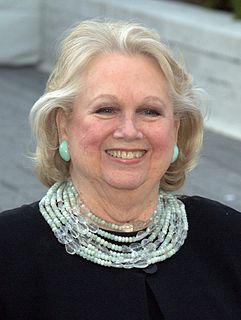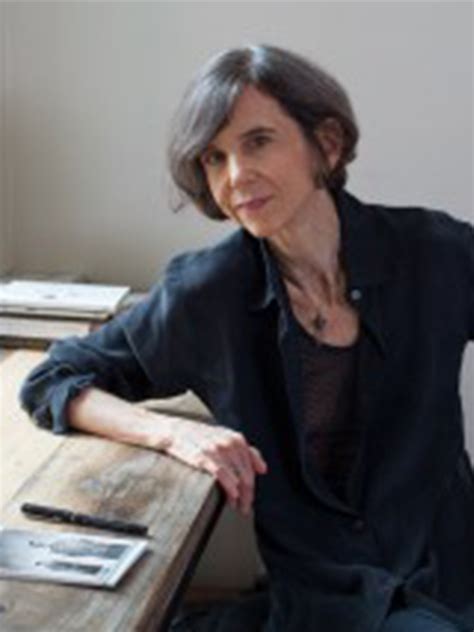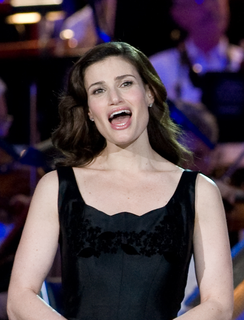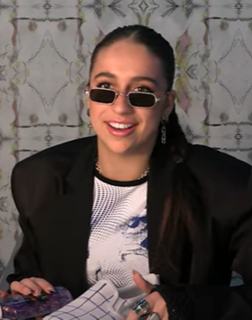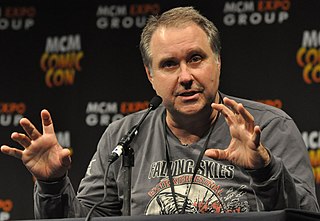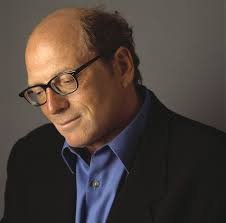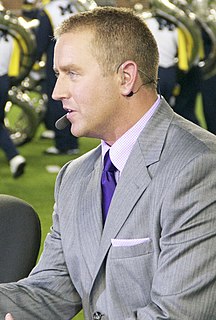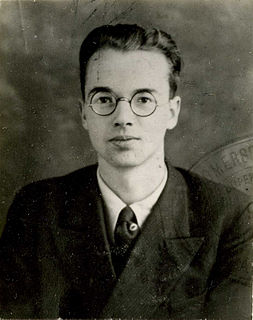A Quote by Susanna Fogel
It's become my lifetime passion as a writer to try to show female friendships in the way that I see them, which is as emotional and connected and deep.
Related Quotes
I do make some conscious efforts to write female friendships, intergenerational female friendships. I make a conscious effort to include things that I see as important real parts of my life that are not reflected as much as I think they should be in popular culture. We very seldom have the opportunity to see women compete and remain friends.
Images work on so many different levels. As a writer you feel them, try not to get in their way or narrow them down to anything other or less complex. A writer is a curator of sorts - once you've brought the images together you try to stand at a respectful distance and let them speak for themselves. Try not to mess with their ambiguities and contradictions. They are what they are, irreducible. This is their integrity.
I was writing at a really young age, but it took me a long time to be brave enough to become a published writer, or to try to become a published writer. It's a very public way to fail. And I was kind of scared, so I started out as a ghost writer, and I wrote for other series, like Disney 'Aladdin' and 'Sweet Valley' and books like that.
My husband and I grew up with parents who supported our passion, and we're grateful to them for that. It really helps you find your identity when you're younger. It helps you become a really well-rounded person, the more you can show from different perspectives. The arts show us empathy, which is so important.
When you're working on a television show with actors, what you hope you're doing is playing jazz with them all the time. You see what they're giving you, so you try to write back to that, and then they play with that, and you get a sense of what is going on. That's just a natural way in which TV series usually work.
If I write a paragraph and I don't get a certain lift from it, if I don't feel connected to it emotionally, then it's dead to me. When I'm reading other fiction writers, if I don't get any emotional investment from the writer, if it's just intellectual or clever - you know, most writing that passes as deep is just clever - I don't feel any connection.
The ‘I’ character in journalism is almost pure invention. Unlike the ‘I’ of autobiography, who is meant to be seen as a representation of the writer, the ‘I’ of journalism is connected to the writer only in a tenuous way—the way, say, that Superman is connected to Clark Kent. The journalistic ‘I’ is an overreliable narrator, a functionary to whom crucial tasks of narration and argument and tone have been entrusted, an ad hoc creation, like the chorus of Greek tragedy. He is an emblematic figure, an embodiment of the idea of the dispassionate observer of life.



